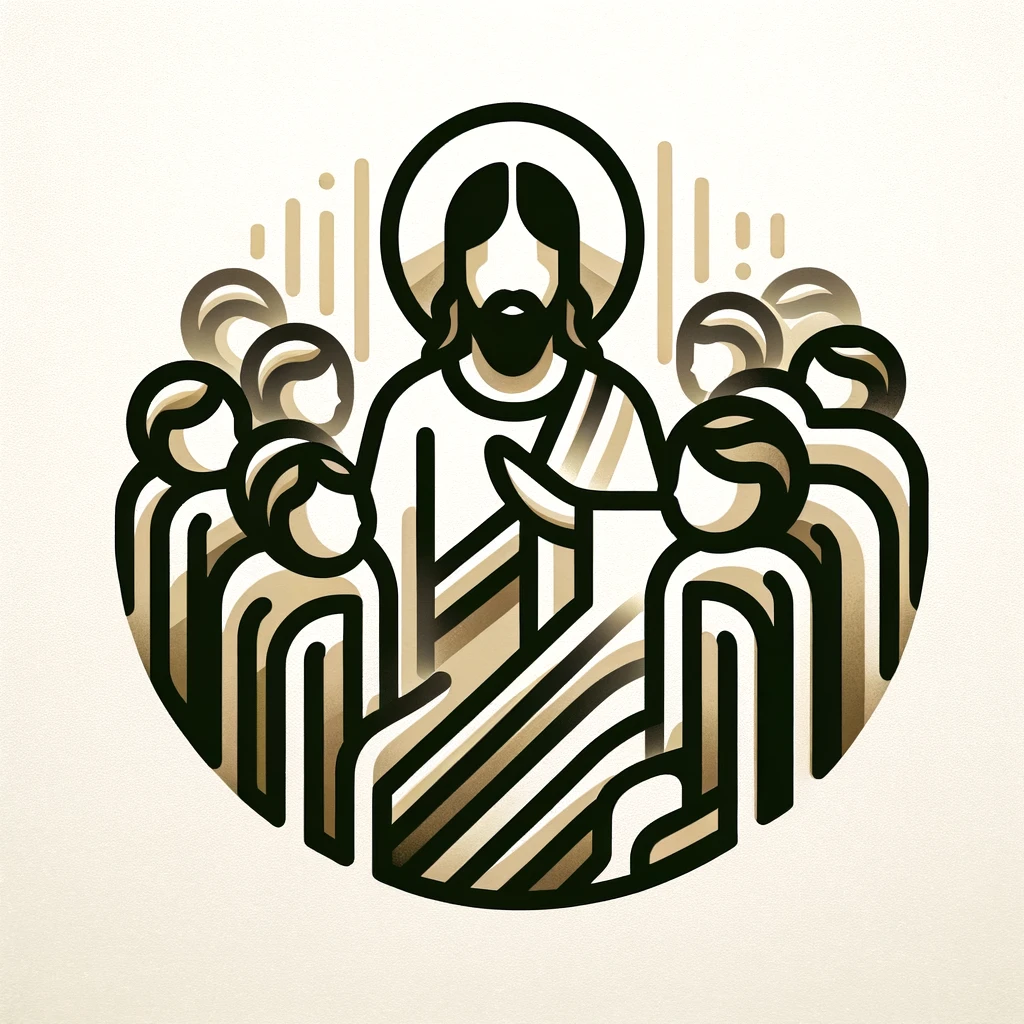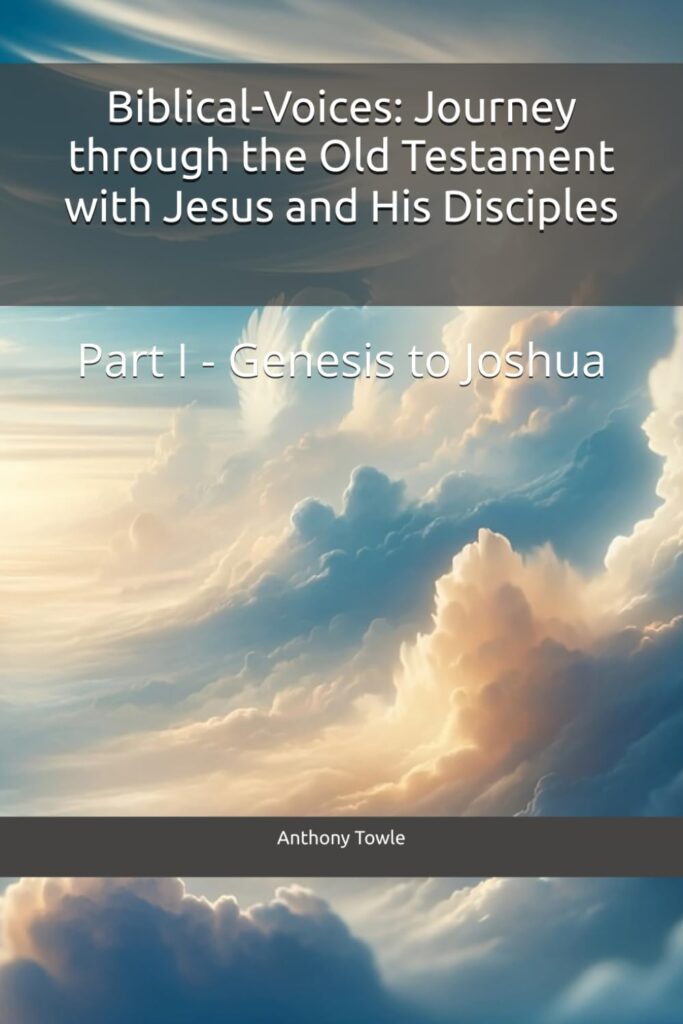Jesus: “Let us examine Exodus 12:43, where the Lord gives Moses and Aaron specific instructions regarding the Passover meal. The verse says, ‘And the LORD said unto Moses and Aaron, This is the ordinance of the passover: There shall no stranger eat thereof.’”
Peter: “Lord, why does the passage exclude strangers from eating the Passover meal?”
Jesus: “Peter, the Passover is a covenant meal, significant for the Israelites as it marks their deliverance from Egypt. The restriction against strangers eating it underscores its sanctity and the importance of the community’s identity. It was not just a meal but a sign of God’s covenant with His chosen people.”
John: “Does this exclusion apply to everyone who is not an Israelite?”
Jesus: “John, ‘strangers’ in this context refers to those not belonging to the Israelite community by birth or covenant. However, if a stranger wished to join the community and observe the Passover, they could do so by entering into the covenant through circumcision, thus fully integrating into the life and worship of Israel.”
Andrew: “Master, how should we understand this now that we follow You? Are we to keep the Passover in the same way?”
Jesus: “Andrew, while the historical observance of the Passover was crucial for Israel, it pointed to something greater—My sacrifice. Just as the Passover lamb was sacrificed for the salvation of Israel, so I am the Lamb of God, sacrificed for the salvation of the world. You celebrate the Passover by remembering My death and resurrection, which fulfills the Passover’s deepest meaning.”
James, son of Zebedee: “So, are the rules about who can participate still relevant?”
Jesus: “James, in the new covenant, there is no longer Jew nor Greek, slave nor free, male nor female; all are one in Me. The table at which you remember My sacrifice is open to all who believe in Me, regardless of their heritage. This is the new Passover, which celebrates not just physical but spiritual liberation and redemption.”
Philip: “How can we apply the principle of this ordinance in our gatherings today?”
Jesus: “Philip, while the specific restrictions of the Passover do not bind you, the principles of reverence, remembrance, and community are still vital. When you gather to remember My sacrifice, do so with a sense of holiness and unity. Ensure that all who come to the table do so in faith, understanding the significance of what they are commemorating.”
Bartholomew: “Lord, does this mean that anyone who wishes to join in the Lord’s Supper must first understand and accept the gospel?”
Jesus: “Exactly, Bartholomew. Partaking in the Lord’s Supper requires an understanding of the gospel and a personal commitment to follow Me. It is a sacred observance, a means of grace and a proclamation of My death until I return. Therefore, teach and disciple others so that they approach the table fully aware of its meaning.”
Matthew: “How do we deal with those who are interested but have not yet made a commitment to follow You?”
Jesus: “Matthew, welcome them to hear the Word and to learn of Me. Let them observe your love and unity as you partake of the Lord’s Supper, but guide them to make a personal decision for Me before they participate. This ensures that the table remains a true reflection of the new covenant.”
Thomas: “Is there a risk of excluding those who might feel unworthy or unsure?”
Jesus: “Thomas, it is essential to approach this with sensitivity and grace. Teach about My grace and the sufficiency of My sacrifice for their sins. Encourage them to examine themselves and come in faith, not in fear or doubt. The table is not a place of judgment, but of mercy and renewal.”
James, son of Alphaeus: “How often should we remember You in this way?”
Jesus: “James, gather regularly to break bread and share the cup. Each time you do, you proclaim the Lord’s death and celebrate the unity and hope you have in Me. Let it be as often as you meet, to keep My work fresh in your memory and your community strong.”
Thaddaeus: “What about those from different backgrounds or beliefs?”
Jesus: “Thaddaeus, reach out to them with love and hospitality. Share the gospel and invite them into the community of believers. Once they believe, they too can join in the celebration of the Lord’s Supper, united in faith and fellowship.”
Simon the Zealot: “Should our approach to newcomers be different in any way?”
Jesus: “Simon, be especially welcoming and instructive. Help them understand the significance of what you do and why you do it. Your gatherings should be a testament to the inclusivity of My gospel, which calls all people into a loving, eternal relationship with God.”
Judas Iscariot: “And if someone continues to feel unworthy or struggles with faith?”
Jesus: “Judas, continue to minister to them with patience and compassion. Encourage them to trust not in their own righteousness, but in Mine. Assure them that all who come to Me, I will by no means cast out.”

